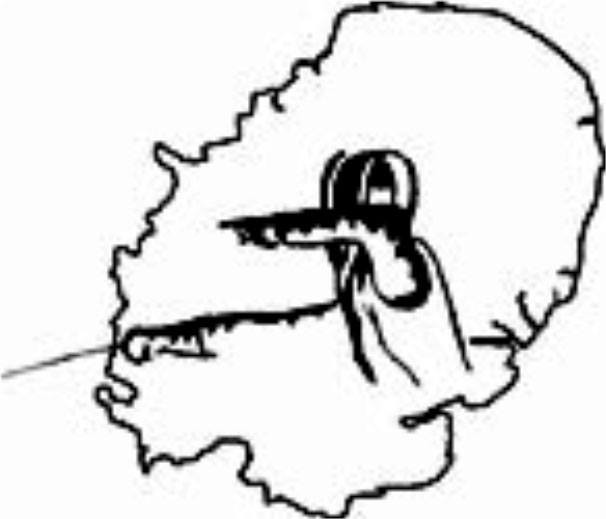More Refereeing Tips from Mike Ellis

Mike Ellis
Eastern Region Chair & Former Referee Development Officer
Mike has over 50 years of refereeing experience and is a British Fencing Referee Educator & Assessor.
He has refereed the final in the following open competitions: Aldershot, Bedford, Birmingham, Brighton, Cambridge, Chichester, Coventry, Hereford & Worcester, Invicta & Norfolk. Mike is still a working referee at these events and many more. Mike has over 50 years refereeing experience, and is a British Fencing Referee Educator & Assessor.
Positioning
Very important! When you first start refereeing try to keep the box between the fencers so you can see the action and lights. Try to look just beyond the fencers so you see the whole picture. Did they step of the piste? Was there covering?
When fencers go in to their 2 m box, put yourself in-line with back line so you can judge if they go off the back line. If you are standing in the middle how can you see if they step off the back line by a few mm? You are unlikely to have assistant referees as in FIE events. Move people so you can stand where you need to be, don’t be afraid to do so. Although they should not be in your way in the first place.
The words you use & hand signals
So important as the more you say the worse it gets… try to use only the words/phrases in the rule book, see hand signals here. Try to keep to the words in the bubbles and at the bottom of the page. Do not mumble, be clear so all around your piste can hear. If people can not hear what you say and then you award a point (two lights or a fencer was off piste when you called halt) people do not understand and so start the problems with people.
Do not enter in to conversation with the fencer and especially coaches or spectators. A fencer is entitled to ask you to rephrase or enlarge on your phrase but try to stick to your original analysis.
E.g. If you said “ counter riposte touch” you could enlarge by saying “ Riposte parried, counter riposte touch” or if you said “remise touch” you enlarge to “attack parried, riposte no, remise of attack touch”
Learn your hand signals (see above) that go with the words. Make them large and clear so that the person the other side of the hall could understand your decision without hearing you.
With the exception of epee where a double hit is awarded, do not have both hands up in the air at the same time, you do not want to look like a policeman on point duty.
Try to be clear and consistent
Fencers appreciate referees who are consistent. This way they can then adjust their fencing to the way your are calling it.
Be clear, do not mumble, and use good hand signals. Everyone wants to know your decision: the fencers, coaches and spectators.
Once you have announced your analysis/decision it is very dangerous to change your mind. If fencers can make you change your mind once they will keep trying on every close call and make your life very difficult.
Offences and penalties/rule book (t.170)
Learning the offences and penalties is a must, but read the articles that it refers to. EG t.170.1.1 leaving the piste without permission, read t.23.6 and maybe those around it. Understanding the rules will always help you, and especially when fencers start to argue, the rule book can be your shield.
How to improve
Loads of practice, at club and competitions. At the club get the opinions of the fencers, if you have good referees in the club get them to watch and guide you. Observe other referees at competitions, and of course use YouTube to watch the best FIE referees. Referee workshops are worth going on if you are lucky to have one organised in your area, or maybe ask your county to organise one.
